In 1987, the art of opera changed decisively. John Adams’s opera Nixon in China was so unlike the usual run of new operas in its concept that many people, on first hearing about it, assumed it had to be a joke of some sort. Turning the preposterous and reviled figures of Richard and Pat Nixon and Henry Kissinger into operatic heroes — they were all still alive in 1987 — seemed preposterously at odds with the dignity of the form. It was entirely serious. Though the concept was in part that of Peter Sellars, the opera director, the exquisite refinement of treatment was that of the librettist, Alice Goodman. Unlike almost all contemporary operas, it quickly spread across the world. A second opera by Adams and Goodman, The Death of Klinghoffer, took on a still more newsworthy real-life subject, the murder of a Jewish-American tourist on a hijacked cruise liner by Palestinian terrorists. Huge controversy followed this one, but the high integrity of the writing, and the transformation of sordid claims and counterclaims into the most elevated art, showed two artists of great power.
Goodman’s two libretti for Adams have now been issued as a New York Review Books Classics Original, along with a fine translation by her of The Magic Flute. Surprisingly, since 1991, she has written no more original libretti. Adams has written other operas since, sometimes with the same contemporary-historical subjects, including an opera about the creation of the atomic bomb, and one about the Los Angeles earthquake. The best of them remain the two with Goodman.
Before Nixon in China, new operas were almost invariably adaptations of a play, a short story, or even a novel. Benjamin Britten’s set an influential example after 1945; five of them are based on famous short stories, two on classic poems, and one on a play by Shakespeare. Many other composers went down this route, and among the operas premièred with great éclat are things such as Samuel Barber’s Antony and Cleopatra, Aribert Reimann’s Lear, Iain Hamilton’s Anna Karenina, and so on. The librettist’s task was adaptation, and he or she could sometimes be quite dispensable: Britten did his Midsummer Night’s Dream libretto himself, and plenty of composers have mistakenly thought that the task can’t be that difficult, since the source material is all there.
Adaptations of famous source material continue, and indeed can be very successful. Opera houses commissioning pieces much prefer them to an original idea: they feel on safer ground with a Chekhov short story than with the pitch of an idea which the creators are still feeling their way around. Sometimes, operas have surfaced without sources — Tippett’s are mostly eccentric contemporary dramas, their librettos appallingly amateurish efforts by the composer himself. Stockhausen’s opera cycle has mostly nothing to do with anything or anyone. With Nixon in China, a new possibility emerged.
These days, a new opera is very likely to be about a well-known figure in recent history. I wrote one myself with Thomas Adès about Margaret, Duchess of Argyll, in 1995, Powder Her Face, which has gone on to be performed hundreds of times in dozens of productions. I daresay that’s been influential independently on an opera such as Anna Nicole, Mark-Anthony Turnage’s opera with Richard Thomas about the sad life of Anna Nicole Smith. (Turnage’s previous opera was an adaption of a play by Sean O’Casey.) Other examples include an opera about Walt Disney by Philip Glass, a disastrous opera about Gaddafi by Asian Dub Foundation, Michael Daugherty’s Jackie O with a libretto by Wayne Koestenbaum and, opening in Santa Fe just last month, an opera about the life of Steve Jobs by Mason Bates and Mark Campbell. New operas based on Hamlet are still being written, and my collaborator of 1995, Thomas Adès, has long since moved on to settings of The Tempest and The Exterminating Angel. But the opera of real life and public faces is now a substantial presence.

Alice Goodman in 1984
The combination of librettist and composer is an utterly unpredictable one, and nobody really knows until afterwards how it will turn out. Plenty of first-class writers have written libretti (often very good ones) for perfectly good composers, and the results have somehow not been taken up. Ian McEwan, Tony Harrison, Italo Calvino, J.M. Coetzee, Paul Muldoon and Vikram Seth have all written libretti for highly regarded composers. Few reached a second production. Craig Raine’s libretto for Nigel Osborne, The Electrification of the Soviet Union, was given every fanfare in 1987, published by Faber, performed at Glyndebourne. It has been revived once in the past 30 years. But there is nothing much wrong with either Raine or Osborne. Another opera libretto by Raine, based on Ian Mc-Ewan’s Atonement, was commissioned but is currently in limbo, and may never be performed.
Goodman’s libretti for Adams are not just beautiful pieces of writing, though they certainly are that. They must also have presented intriguing puzzles and challenges to the composer. Both of them are predominantly made up of reflective monologues rather than dramatic exchanges — they have a texture that oddly implies oratorio rather than opera, and Adams took advantage of this in the opening pair of choruses for Palestinians and Jews at the beginning of Klinghoffer. Goodman’s language loves the solid worth of the plain word — she is an Anglican priest — and the ambiguous meaning that very simple phrases can have. The showstopping aria for Madame Mao contains a now celebrated ambiguity, which must have been a terrific challenge for Adams’s musical phrasing — ‘When I appear, the people hang/ Upon my words…’
These libretti achieve a very difficult balance. They are direct but suggestive; they are plain in language but resonant in meaning; their poetry is alluring but somehow necessarily incomplete. If you read the great libretti, such as Hofmannsthal’s Rosenkavalier, Auden and Kallman’s Rake’s Progress, or Colette’s L’enfant et les sortilèges, you see exactly the same — a cunning use of repetition and unpredictable echoes to tempt the composer into his own shapes and phrases.
As far as subject matter goes, the newsreel opera may have passed its first fad. I always know when some female public figure has caught the public imagination, because someone suggests that I write an opera libretto about her. (Used to be Diana; these days, twice a week, it’s Melania Trump.) There is too much security for opera houses in backing dull renderings of safe classics for those to disappear entirely. The Covent Garden that produced such total duds as Lorin Maazel’s 1984 and Nicholas Maw’s Sophie’s Choice is not going to learn from its mistakes. They should realise that librettists are usually people capable of coming up with their own subjects.
Nixon in China and, especially, The Death of Klinghoffer were, however, important events in that they showed that opera, of all unexpected art forms, could once again engage with our own world and even outrage public pieties. Once again, new opera could affront the authorities, just as The Marriage of Figaro or Un ballo in maschera did. The very surprising thing is that they did that not through childish effrontery, but through the practice of an elegantly refined and sophisticated art. If opera today seems more widely relevant than it has for decades, we have Alice Goodman to thank for that.
Got something to add? Join the discussion and comment below.
Get 10 issues for just $10
Subscribe to The Spectator Australia today for the next 10 magazine issues, plus full online access, for just $10.
You might disagree with half of it, but you’ll enjoy reading all of it. Try your first month for free, then just $2 a week for the remainder of your first year.

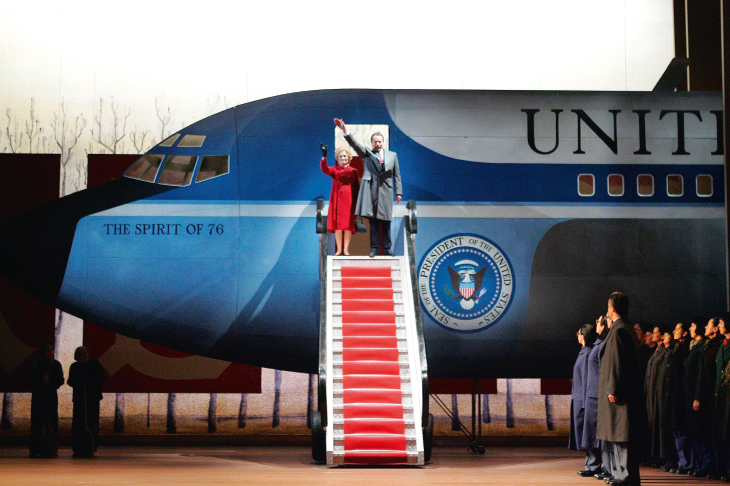
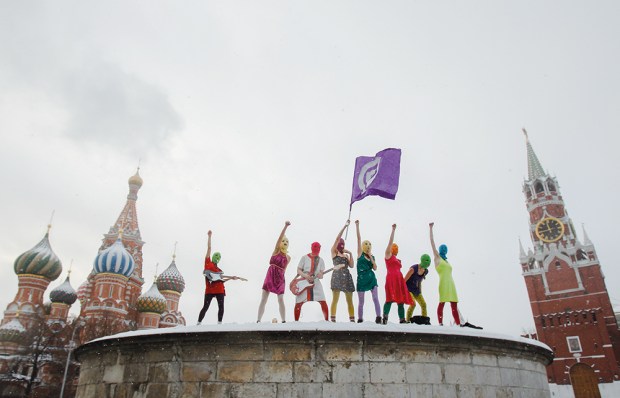

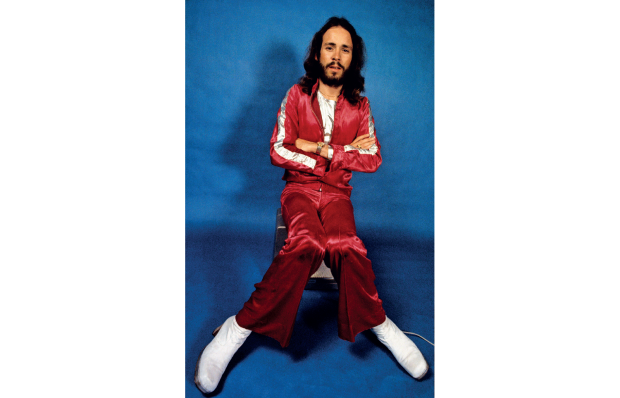
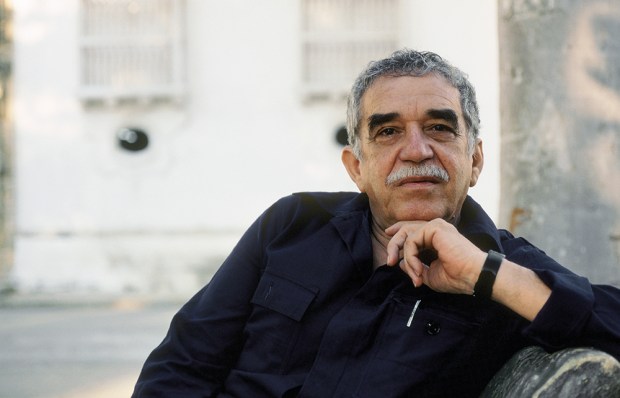
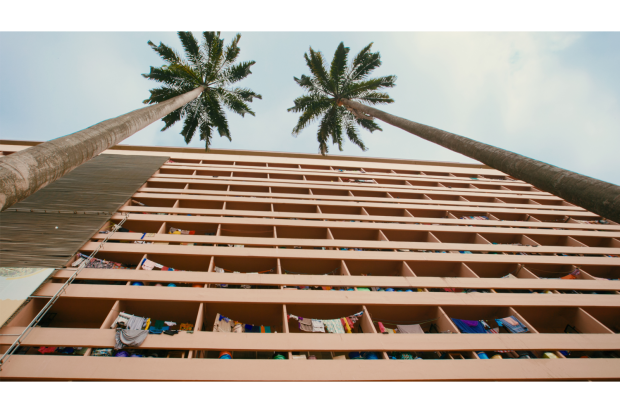
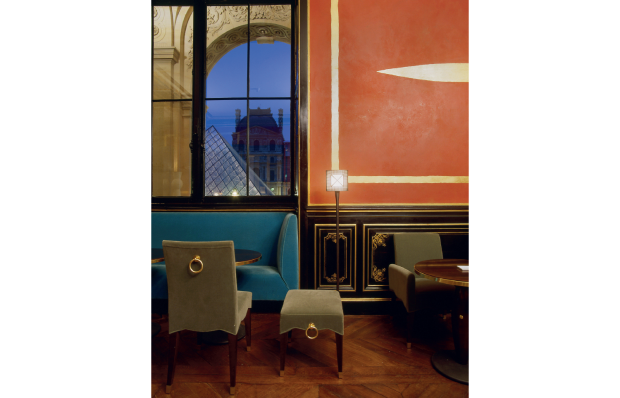






Comments
Don't miss out
Join the conversation with other Spectator Australia readers. Subscribe to leave a comment.
SUBSCRIBEAlready a subscriber? Log in